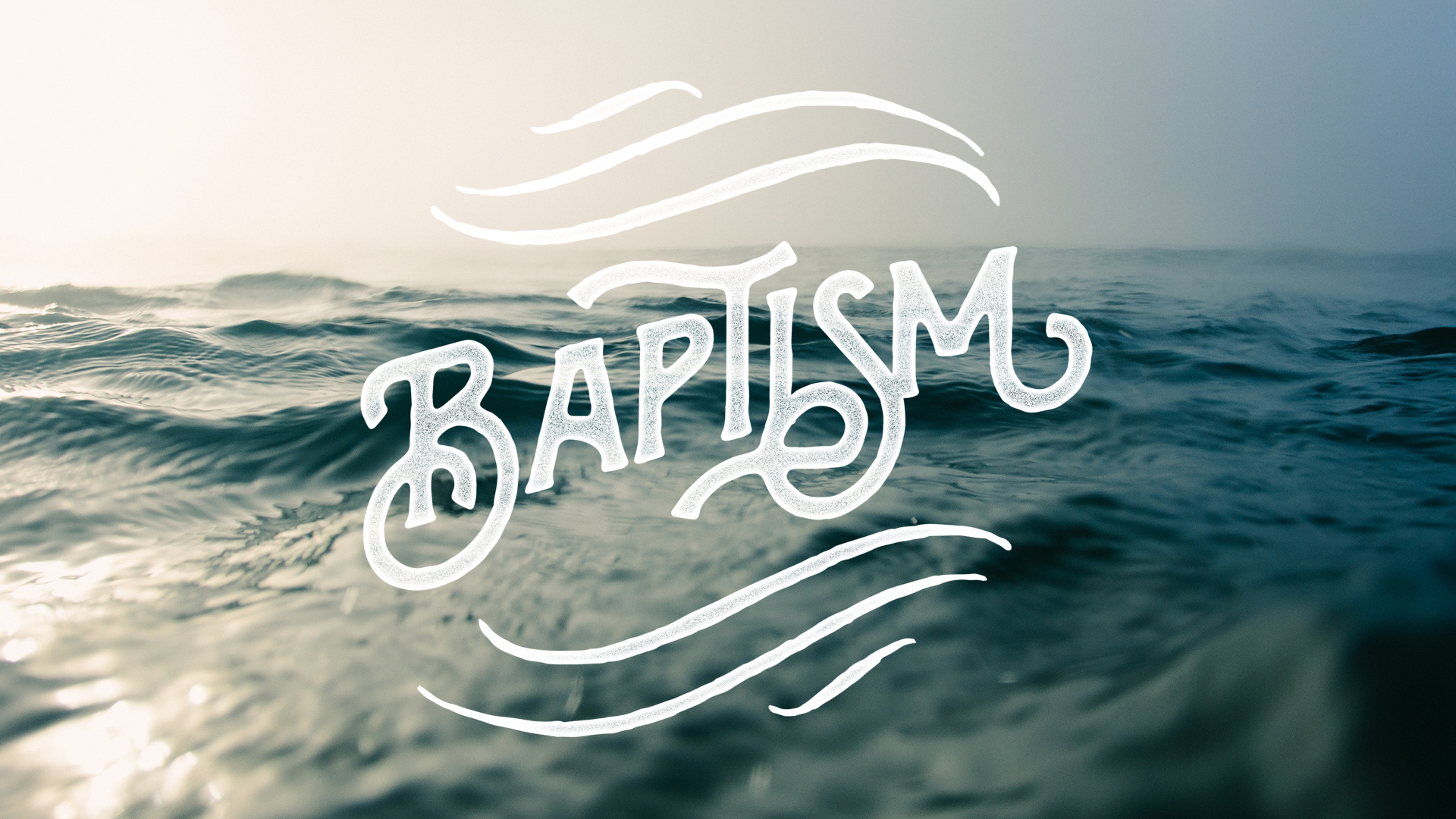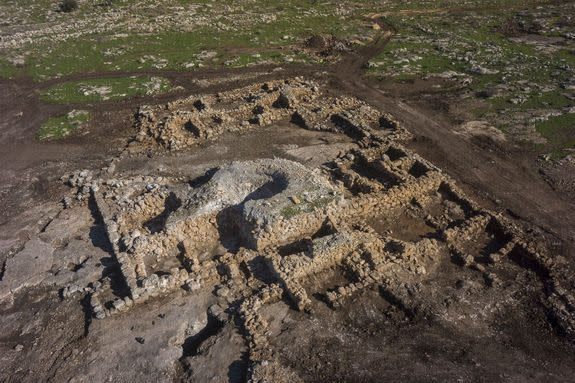
It's the Sabbath day in Capernaum. Where do you think Jesus would be? In the synagogue, of course! Where else would he be? The synagogue was where people congregated. That’s what the word “synagogue” means - a gathering place. Every Sabbath day Jesus would gather with his congregation. It shouldn't surprise us at all that Jesus is in the synagogue on the Sabbath day.
The Sabbath day was a holy day. “Remember the Sabbath day to keep it holy." In Old Testament times that meant no work – a nice meal, a time of worship, the word of god, some rest, but no work. “Six days you shall labor and do all your work, but the seventh day is a sabbath to the Lord your God.” Sabbath, shabbat, means “rest.”
Now, rest didn't mean sleeping in until the pregame show. Nor did it mean getting out the golf clubs for a quick morning round. It meant worship, it meant hearing and learning the Word of God. For the Israelites, the sabbath rest began on Friday evening with a nice meal with wine, then a restful sleep, then a Saturday full of the Word in the synagogue and time with the family at home.
Now we know of course that this Old Testament Sabbath law was fulfilled in Christ and no longer applies to us in the form of a certain day. The Christian congregation is not a synagogue and Sunday is not a Sabbath, even though there are certainly similarities. What was a law in the Old Testament, punishable by death for Sabbath breakers, is now a free activity for us as God's people in the New Testament. We don't have to worship the Lord on Sunday. It's a great day to do it, of course, since it's the first day of the week and the day Jesus rose from the dead. But there is no law that says we have to have our worship on Sunday.
The good news for us as New Testament Christians is that Jesus is our Sabbath. He is our rest. With Jesus it’s no longer a work but a sheer gift, pure grace, complete and total rest. And if we happen to be restless, then maybe it’s because we haven't been resting enough in Him. Maybe we haven't been coming together enough to the place where Jesus has promised to be. When we gather together as a congregation of God's people to hear His Word and receive His gifts, it calms our fears, gives us rest, and provides us with comfort, hope, peace, and joy.
See you in church!



